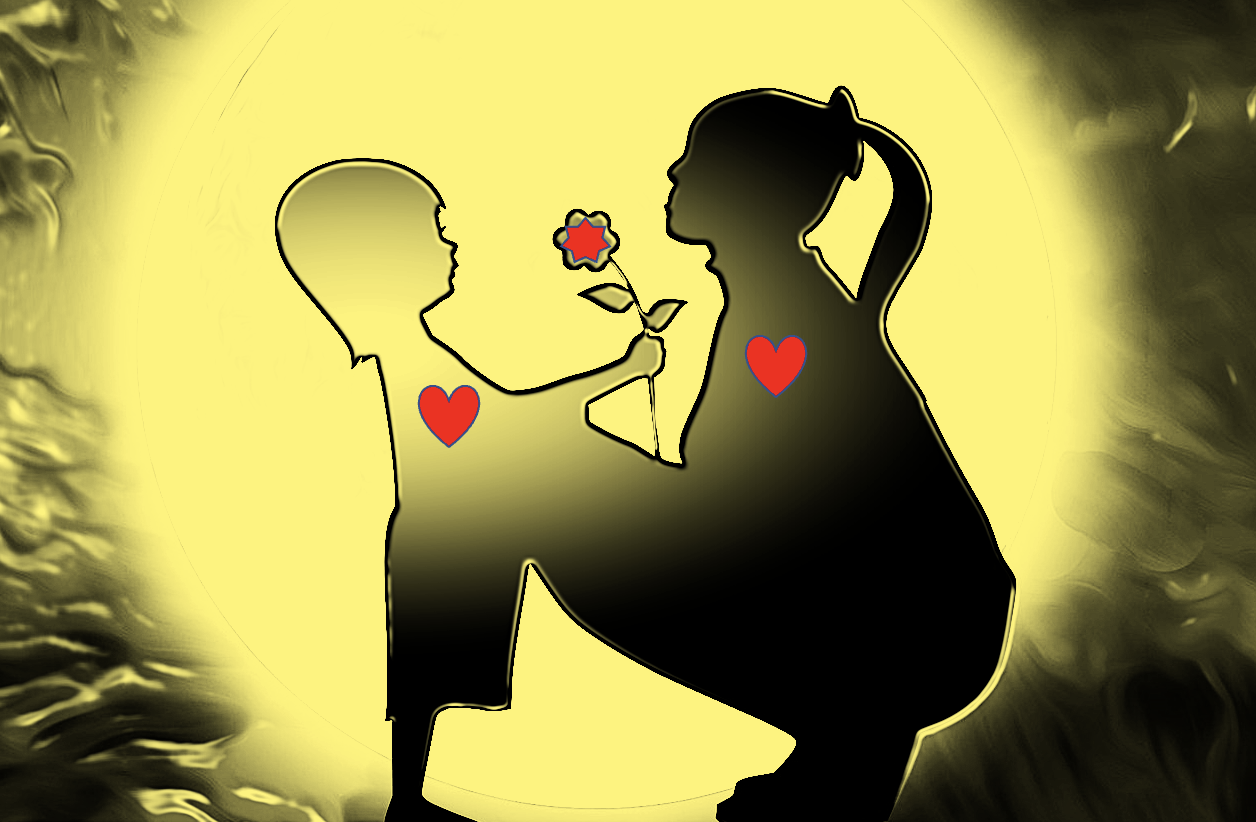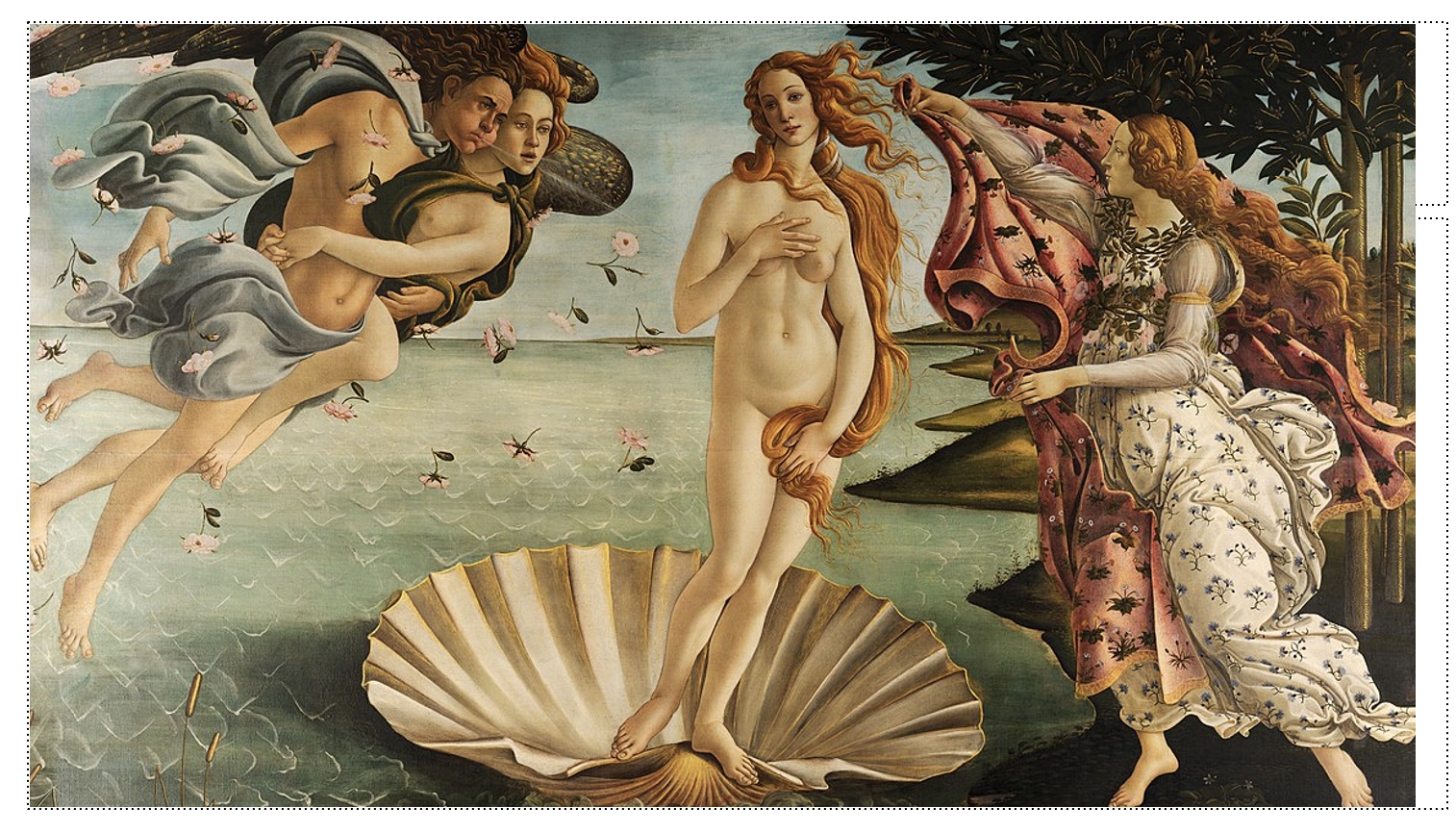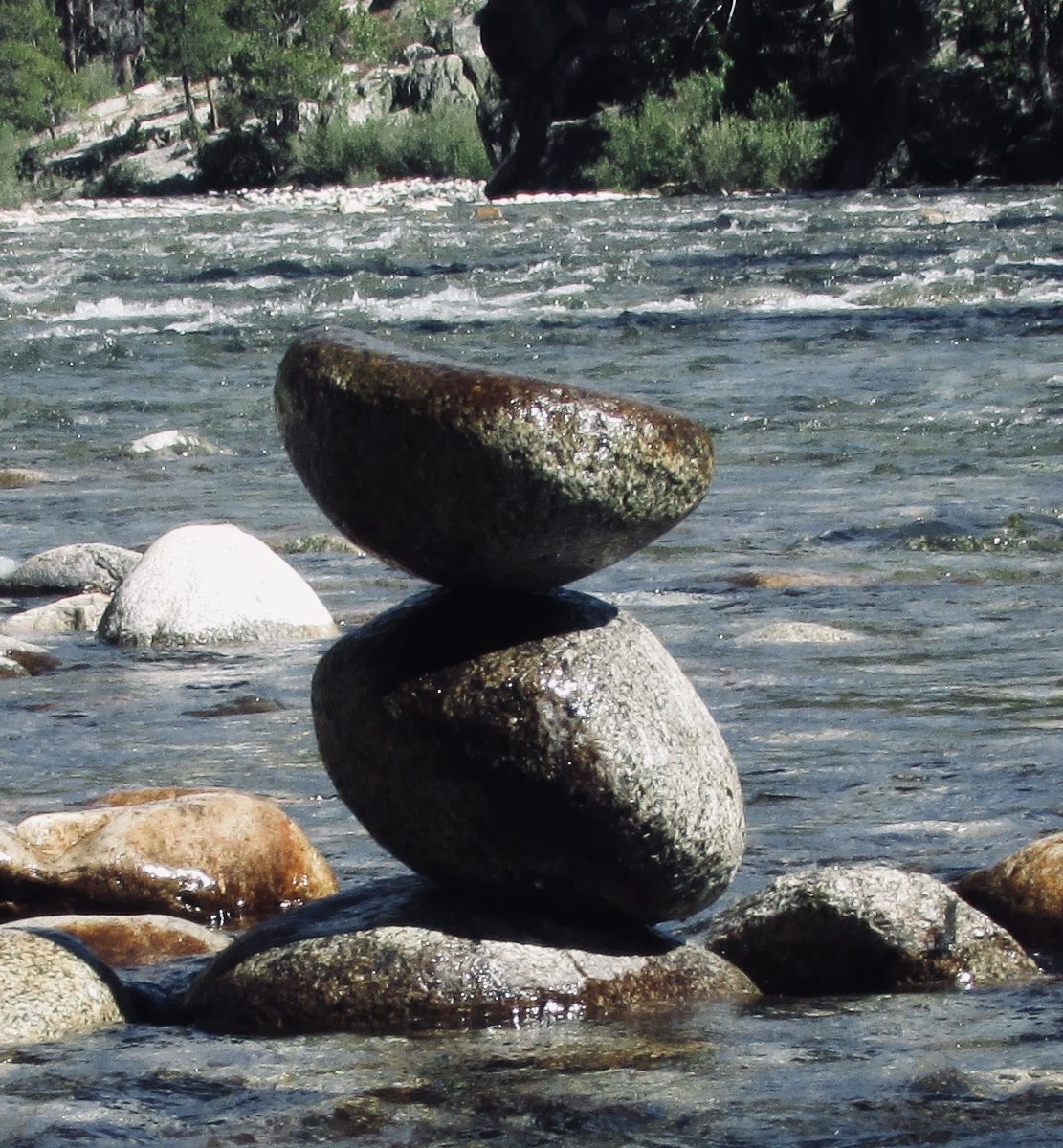Mother’s Day is for gratitude. Our mothers nurtured and supported us. We thank them for the fact of our own births. We should also thank our mothers for modeling the art of kindness, and the power of love.
Life is precious, rare and interconnected. It’s not accidental that we speak of Mother Earth and Mother Nature. There is no other planet that supports life. And life on this planet unfolds through a long chain of mothers, extending back into prehistory.
That process of generation and birth shows us the depth of our interconnected existence. We are not born alone. And life is not only a struggle for survival. It is also a warm embrace that pays itself forward. The nurturing arms that received us into this world show us the sustaining power of lovingkindness.
The Dalai Lama once said, “When we’re born, our mothers show us compassion. This is a natural response that has nothing to do with spiritual practice. Without that kindness we wouldn’t survive. So, our lives start with an experience of kindness and compassion.”
Philosophers have directed our attention to the importance of birth and being born. This is the idea of our “natality,” which is the opposite of mortality. We are mortal beings who die. But we are also interdependent beings who were born, and who give birth. Every human being emerges from the body of another, who literally carried us within her. Remembering this strange mammalian fact can make us humble, grateful and kind.
The concept of natality was brought to light by Hannah Arendt. Arendt was a German Jew who escaped from Nazi-occupied Europe. She arrived as a refugee in New York. She wrote extensively about totalitarianism and evil. The world is not all sweetness and light. And some people are born with cruel mothers, or their mothers are cruelly taken from them.
And yet, hope appears in the concept of natality, and the fact of our interdependence. Arendt celebrated the possibility of new birth and new beginnings. “The miracle that saves the world,” Arendt explained in 1958, “is ultimately the fact of natality.” When cruelty, stupidity and violence threaten to tear things apart, we can hope that new humans will be born and better ideas will arise. The terror of death is real. But so too is the promise of birth.
Natality involves hospitality. In some extreme cases, hospitality rescues refugees from cruelty and death, as in the case of those fleeing a genocide. But even in ordinary circumstances, we make the world better by welcoming strangers. Indeed, our mothers welcomed us into their bodies. They received us into the world, suckled us, nurtured us, and devoted themselves to us. That welcoming and receptive aspect of maternity is a central feature of our humanity.
This is not exclusively female. Men can welcome and receive. And fathers can be loving and kind. But there is humbling wisdom to be learned in the mysterious unfolding of maternity and birth.
Even the strongest king came into this world naked and defenseless. The first moment of every human life is an act of welcome. To be human is to be received, as a gift. We exist because our mothers loved us first.
Christianity makes natality a central part of the cosmic story. Each person is created in God’s image. And even the savior was born of a woman. The story also tells us that the savior and his mother fled persecution after his birth. The gospel of love grows out of the story of a refugee and his mother.
One need not be a Christian to understand this. It is discovered deep in the milk of human kindness. But we forget our interdependence. Too often, we refuse to welcome strangers. We build up our defenses, and exclude those who need our kindness. Maybe we are trying to fend off death. Perhaps we hope that in defending our turf, we might live forever. But death comes to us all. Mortality is a fact.
Yet natality is also a fact. Tomorrow, a new generation will be born. Our task is to welcome those newcomers, as our mothers welcomed us; to love our neighbors, as our mothers loved us.
Read more at: https://www.fresnobee.com/opinion/readers-opinion/article275327426.html#storylink=cpy





